
We kindly inform you that, as long as the subject affiliation of our 300.000+ articles is in progress, you might get unsufficient or no results on your third level or second level search. In this case, please broaden your search criteria.










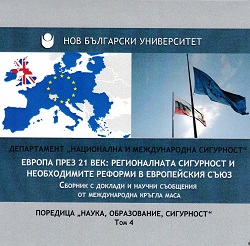
The aim of this report is to identify the main indicators that influence the occurrence of accidents and to propose measures to reduce the damage. As a result of accidents on the roads each year damage is inflicted on the national economy amounted to 2% of gross domestic product. The outlined guidelines form the relevance of the chosen topic. The aim is to examine the possibilities, ways and means to manage more effectively the risk of accidents. The statement in this report does not claim to be comprehensive study, but only a brief summary of the problem and its impact on the security of the country.
More...
The mafia state employs a multistep domestication methodology. Its first step is the centralization of funding and its control by a procurator. This move is “successful” with the majority of civil groups since they are primarily invested in realizing a given organizational goal rather taking a political stand. Therefore, in accepting the procurator’s response—funding or the promise of it in case of wait lists—they would not voice their discontent with this operational system. If the constrained funding does not suffice to reach its goal, the state deploys the media by, for instance, subjecting the oppositionally oriented civil society actors to communicational pressure. On this level all but those organizations would persist which, of the threefold task of civil society (participation, service, and control) would advocate the ethos of curbing the state’s dominance. Should the communicational pressure prove ineffective, the state will employ coercive means in order to enforce the government’s will, as exemplified by the intervention of the government’s Control Office and the police in the conflict with the NCTA. While the first method has been used more than a few times in the context of the Hungary’s incompletely realized democratic model, the second method’s application has been almost unprecedented. Finally, the deployment of central authority reveals how the octopus, an unequivocally nondemocratic system, works.
More...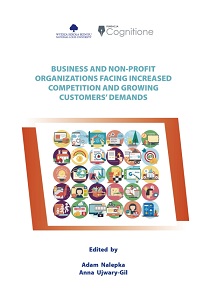
People nowadays very often work from home or different business sites and can build teams of individuals based in many different locations, sometimes continents apart that have never met each other face to face but cooperate thanks to communication technologies. Such teams are known as virtual teams. It is rare to meet the teams that are not virtual at least to some extent (Kirkman & Mathieu, 2005). What is surprising is the fact that there is no agreement among researchers on how to define virtuality nor how to measure it. Because the phenomenon of virtual teams is very promising from both practical and theoretical perspectives, the aims of this article are following: to compare definitions of virtual teams, to check how virtuality was measured in selected empirical studies. Also, to present results of my empirical research on 206 individuals with two different measures of virtuality (distance between team members and a number of face-to-face meetings). In conclusions, virtuality as a feature of any team is presented, and researchers are encouraged to include virtuality dimension in the wider research on the teams.
More...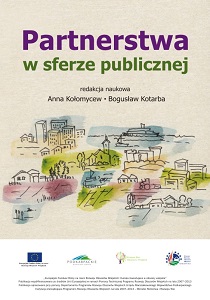

Integrimi në BE, pozicionimi në "Hapësirën Administrative Evropiane", rregullimet në ndryshime të mjedisit, ato të orientimit të qytetarëve, janë vetëm disa nga kërkesat me të cilat përballet administrata shtetërore në Serbi. Zbatimi i suksesshëm i reformës në administratën shtetërore, është reflektuar mbi të gjitha në përmirësimin e efikasitetit dhe efektivitetit të punës së saj. Elementi kyç për zbatimin e pergjithshëm të saj kërkon krijimin e një sistemi të zhvillimit profesional, i cili do të sigurojë përmirësimin e vazhdueshëm të njohurive profesionale dhe aftësive të nëpunësit civil. Vetëm në këtë mënyrë, të punësuarit do të jenë në gjendje për të mbajtur ritmin me kërkesat profesionale në rritje në aspektin e njohurive, me kërkesën e aplikimit të teknologjive dhe metodave të reja të punës, me kërkesën për zhvillim të standardeve të reja dhe ofrimin e shërbimeve për qytetarët.
More...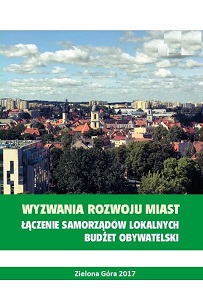

Residents of local communities seek to actively participate in all matters of their municipality, in particular they want to decide on their own way of spending public funds. We can see an increasing interest of citizens in modern local financial management instruments, one of which is a participatory budget. Participatory budget is an instrument that allows residents to create a community budget and participate in the exercise of power. The participatory budget creates better conditions for the management of public finances at local level, and in particular to focus on the investment desired by the members of the local community, often overlooked by the rulers.
More...
The participative budget has been in operation for only 28 years. However, at that time, this solution won a lot of supporters. It is the result of the benefits of its introduction that can be seen in different areas. The key benefit, as it can be believed, is the support that the participative budget gives to democracy. It is because it establishes a dialogue between the state and society, what becomes a tool for the construction or reconstruction of democratic relations.
More...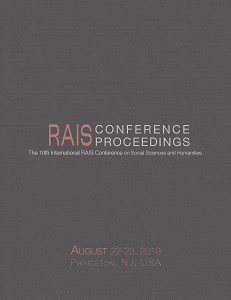
In a 2013 report released by the United Nations water insecurity was identified as a national security issue. This is due to the close correlation between mismanagement of water resources and acute conflict. With humanity's available potable water table under increasing stress from pressures like population growth, the effects of climate change and privatization, the potential for conflict to arise becomes more likely. This has been made painfully clear in Yemen, where a complex humanitarian crisis has evolved in recent years, called one of the worst crises of 2018. Disease, famine and conflict have spread rapidly, aggravated and in part induced by the consequences of being one of the most water-stressed countries in the world. This research examines the nature of the Yemeni crisis, particularly the role that water has played in it. It makes the case that in order for civilian casualties to be minimized, access to water must be protected.
More...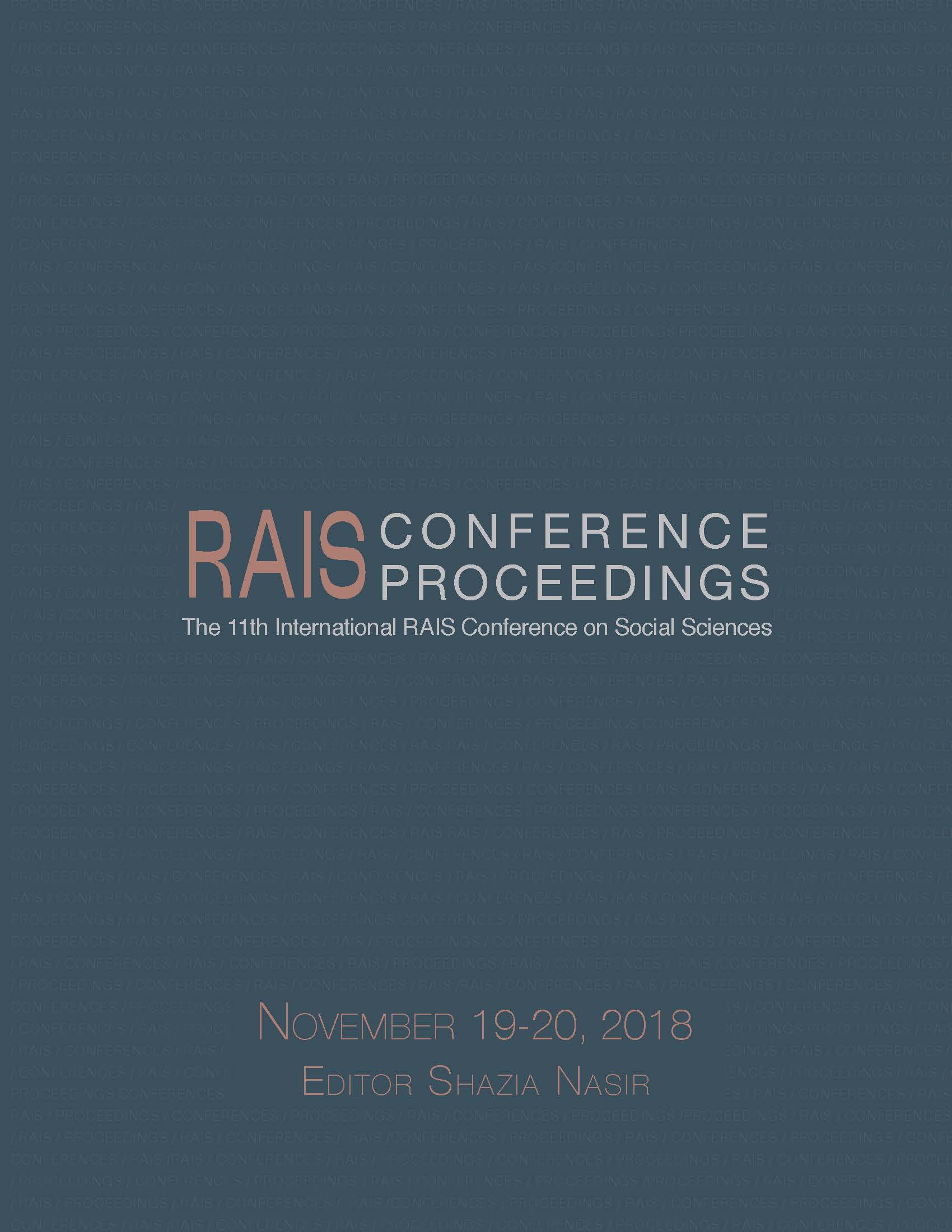
The world boasts a rather rich experience with regard to both public function itself and public function institution, hence civil servant category. Public servants appeared along with the organised state, a relevant culture, even a patrimony developing throughout millennia and centuries. Civil servants (even if not always called as such) have existed in all societies all over the world. Certainly, the meaning of this concept and of civil service differed in time. For some, civil servants were a kind of clerks dealing with the paperwork needed in the relation of the powerful with their subjects, of the authorities with the citizens, for others they included state administration, clerks in ministries, those responsible with tax collection, more or less all those remunerated from the state budget, except dignitaries and military. Presently, all states have civil servants who work in keeping organic laws which regulate the activity pertaining to the operation of a state, to public order and to state security, to optimising the relationships between authorities and citizens etc. In Romania, the activity of civil servants is regulated by Law no 188/1999, amended in 2018, on the Statue of Civil Servants, and by Law no 156/2018 amending Law no 188/1999
More...